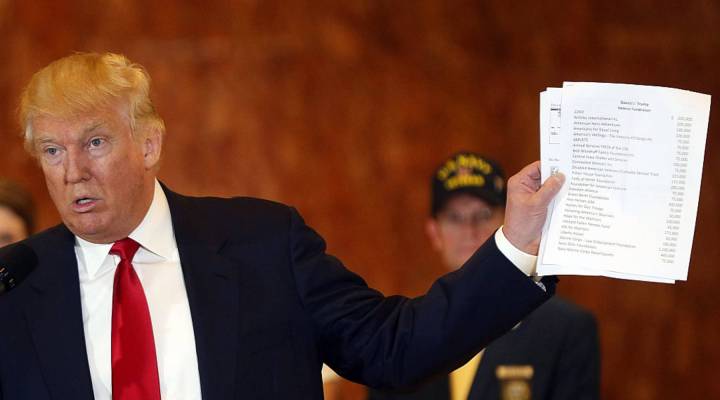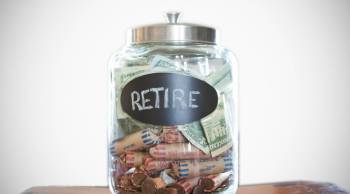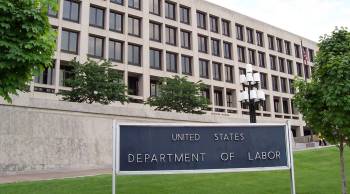
Trump: the law made me do it

The Trump campaign and its surrogates have been responding to The New York Times revelation that Mr. Trump suffered a $915 million loss in 1995 and probably hasn’t paid any federal income tax for most of the years since.
To quote a part of the Trump campaign’s statement, “Mr. Trump is a highly-skilled businessman who has a fiduciary responsibility to his business, his family and his employees to pay no more tax than legally required.”
To quote pretty much every legal expert:
“I think it’s a lot of hooey” – Hillary Sale, professor of law and management at Washington University, St. Louis.
“Essentially legal nonsense,” – Robert Jackson, professor of law, Columbia Law School.
“An amazingly manipulative, cynical, and false portrayal of the concept of fiduciary duty” – Lynn Stout, distinguished professor of corporate and business law, Cornell Law School.
Fiduciary duty is a legal term with specific meaning, said Washington University’s Sale. “Technically we define a fiduciary as someone who is required to act in the best interests of another person,” she said. This means putting the interests of someone else ahead of your own interests. So, for example, your accountant has a fiduciary duty to you. A corporate board has a fiduciary duty to the corporation.
“But these are his personal tax returns,” said Sale. “He has no fiduciary duty to cut his own taxes .”
Now let’s say we weren’t talking about his personal taxes, let’s say we were talking about the taxes of his corporation. “Fiduciary duties do not command managers to minimize taxes,” said Columbia’s Robert Jackson.
CEO’s can keep taxes down, but they don’t have to legally.
“Corporations do things all the time that might produce a higher tax bill or lower corporate profits,” said Cornell’s Stout. “Corporations choose to raise employee salaries and make charitable contributions and they choose to operate in an environmentally sustainable fashion that is more than the law requires.”
If anything, CEOs and boards are given legal protection to do those things, not legally required to avoid them, as Trump suggests.
There’s a lot happening in the world. Through it all, Marketplace is here for you.
You rely on Marketplace to break down the world’s events and tell you how it affects you in a fact-based, approachable way. We rely on your financial support to keep making that possible.
Your donation today powers the independent journalism that you rely on. For just $5/month, you can help sustain Marketplace so we can keep reporting on the things that matter to you.


















